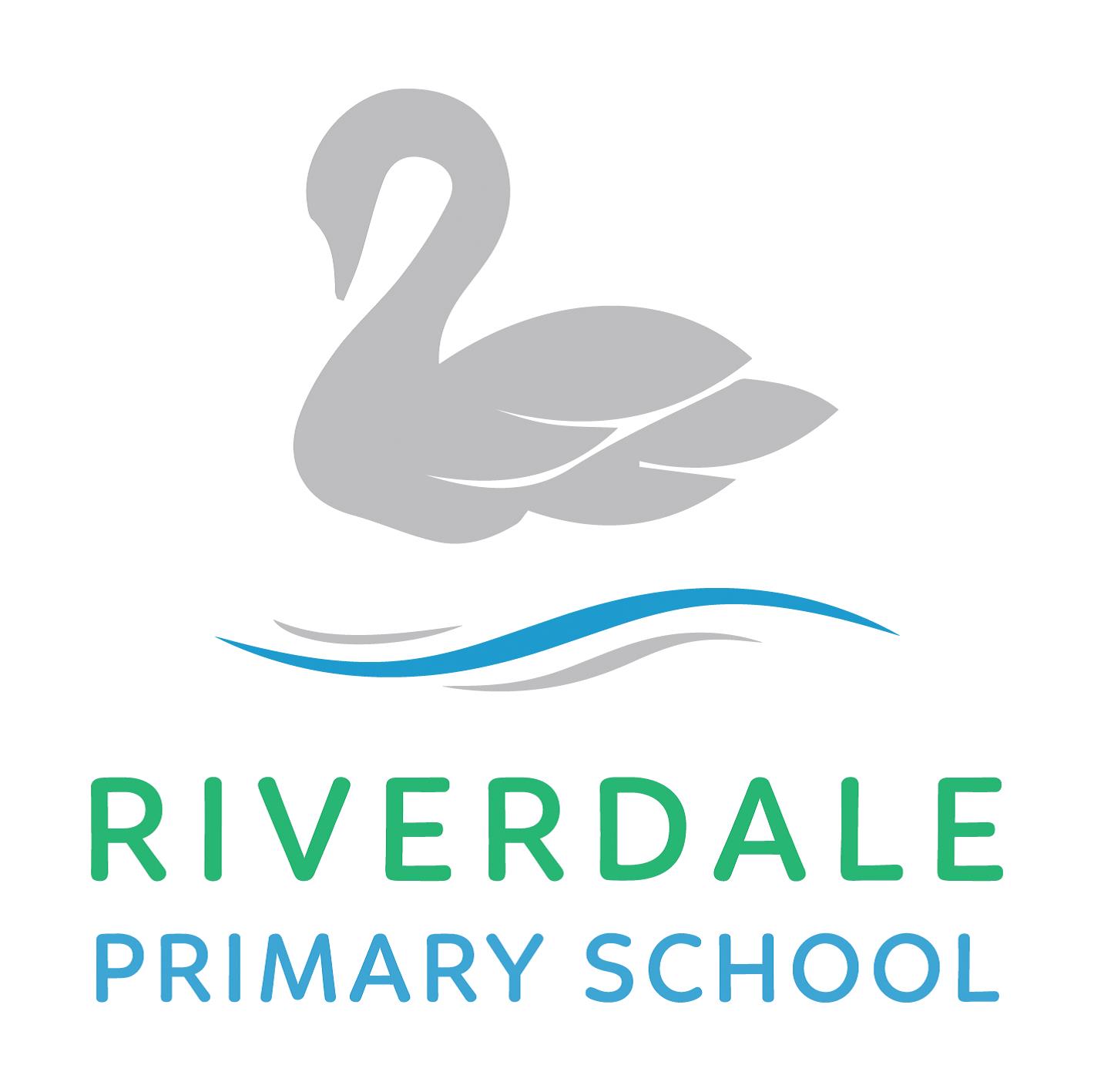Maths
Through our teaching of Maths, we aim to develop
- An understanding of the important concepts and an ability to make connections within mathematics.
- A broad range of skills in using and applying mathematics.
- Fluent knowledge and recall of number facts and the number system.
- The ability to show initiative in solving problems in a wide range of contexts, including the new or unusual.
- The ability to think independently and to persevere when faced with challenges, showing a confidence of success.
- The ability to embrace the value of learning from mistakes and false starts.
- The ability to reason, generalise and make sense of solutions.
- Fluency in performing written and mental calculations and mathematical techniques.
- A wide range of mathematical vocabulary.
- A commitment to and passion for the subject.
We will do this by giving children the opportunity to practise and apply their Maths skills across the curriculum in the following ways.
Key Stage 1
- Count and calculate in a range of practical contexts.
- Use and apply mathematics in everyday activities and across the curriculum.
- Repeat key concepts in many different practical ways to secure retention.
- Explore numbers and place value up to at least 100.
- Add and subtract using mental and formal written methods in practical contexts.
- Multiply and divide using mental and formal written methods in practical contexts.
- Explore the properties of shapes.
- Use language to describe position, direction and movement.
- Use and apply in practical contexts a range of measures, including time.
- Handle data in practical contexts.
Key Stage 2
- Count and calculate in increasingly complex contexts, including those that cannot be experienced first hand.
- Rigorously apply mathematical knowledge across the curriculum, in particular in science, technology and computing.
- Deepen conceptual understanding of mathematics by frequent repetition and extension of key concepts in a range of engaging and purposeful contexts.
- Explore numbers and place value so as to read and understand the value of all numbers.
- Add and subtract using efficient mental and formal written methods.
- Multiply and divide using efficient mental and formal written methods.
- Use the properties of shapes and angles in increasingly complex and practical contexts, including in construction and engineering contexts.
- Describe position, direction and movement in increasingly precise ways.
- Use and apply measures to increasingly complex contexts.
- Gather, organise and interrogate data.
- Understand the practical value of using algebra.
At Riverdale Primary School, we use the White Rose Maths Schemes of Learning.
White Rose Maths is an organisation that provides maths resources and Schemes of Learning for pupils of all ages, from early years to secondary school. The Schemes of Learning are yearly frameworks that break down what children need to learn during each week of each term to master the learning objectives laid out by the National Curriculum. White Rose maths resources support our Teaching for Mastery approach to maths learning.




